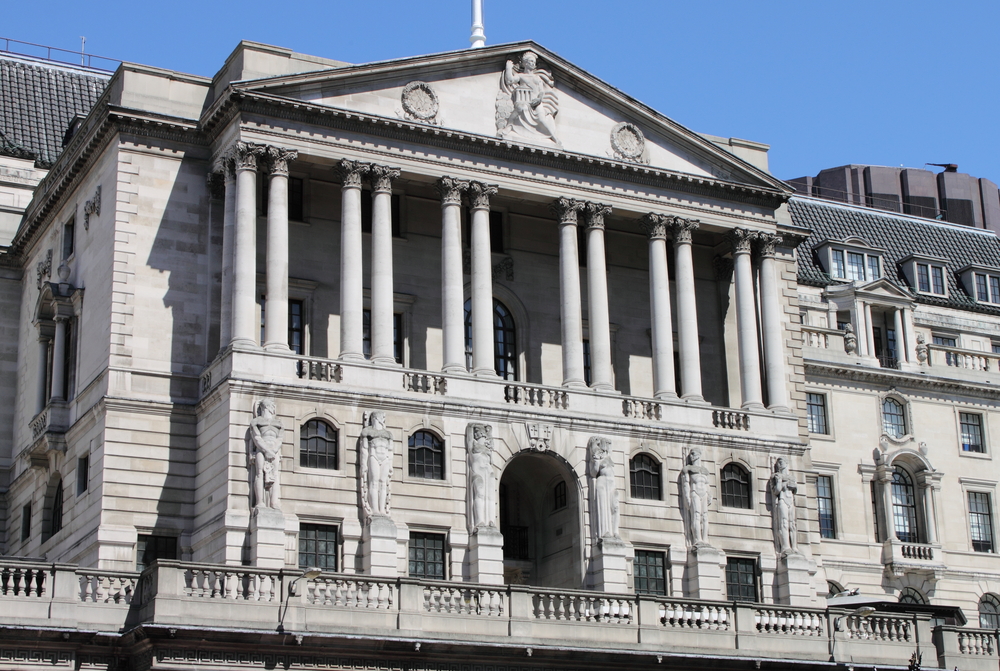Household Bills
Base rate unchanged at 0.1% but bank issues inflation warning

The Bank of England’s Monetary Policy Committee (MPC) held the base rate at 0.1% at its monthly meeting, but warned consumers about rising prices.
The MPC aims to meet the 2% inflation target in a way that helps to sustain growth and employment. At its meeting ending on 22 September 2021, the MPC concluded that the existing stance of monetary policy remained appropriate.
Committee members voted unanimously to maintain bank rate at 0.1%, the same figure it has been since an emergency cut in March 2020 when the pandemic took hold.
The MPC is also maintaining its stock of sterling non-financial investment-grade corporate bond purchases, financed by the issuance of central bank reserves, at £20bn.
The committee voted by a majority of seven to two for the Bank of England to continue with its existing programme of UK government bond purchases, financed by the issuance of central bank reserves, maintaining the target for the stock of these government bond purchases at £875bn and so the total target stock of asset purchases at £895bn.
Last month, the bank said that the economy was projected to recover further over the remainder of the year. It predicted a period of excess demand in the near term, before demand and supply became more balanced.
However, it admitted that since the August MPC meeting, the pace of recovery of global activity has showed signs of slowing. Against a backdrop of robust goods demand and continuing supply constraints, global inflationary pressures have remained strong and there are some signs that cost pressures may prove more persistent.
The bank has revised down its expectations for the level of UK GDP in 2021 Q3 by about 1% since the August Report, leaving the expected level of Q3 GDP around 2.5% below its pre-Covid level.
This downward revision in part reflects the emergence of some supply constraints on output. These include lengthy supplier delivery times, backlogs of work, and significant material and labour shortages in a number of sectors.
Hinesh Patel, portfolio manager at Quilter Investors, said: “The Bank of England, in its policy decision today, clearly expects the inflation rate to be higher than previously feared. While they reiterate it will be transitory, it will no doubt be of major concern. Ultimately what is flowing through the system right now is ‘bad inflation’, that is price rises are hitting the most vulnerable households, alongside the impacts of furlough on unemployment uncertainty. This uncertainty is likely to continue with the end of the furlough scheme coinciding with the structural shift in skillsets in the employment market.
“None of these can be solved by monetary policy and as such the BoE should be well within its rights to start tightening its stimulus policy. Unfortunately, if it does not it risks doing even more damage on the social divide through ever increasing wealth inequality.
“With the ECB and Federal Reserve both announcing that they intend to begin the tapering and unwind their financial support, there is a risk that not acting in the same timeline will force UK sterling down even further – exacerbating the inflationary shock further with even higher import prices. Politicians talk about levelling up, but this needs to extend to monetary policy from the BoE at the same time.”